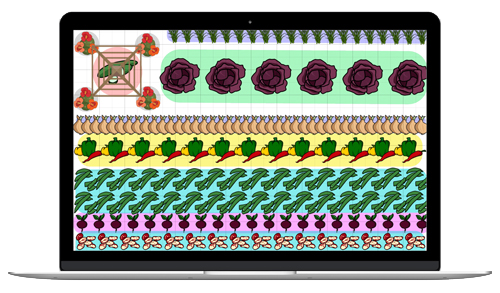
The Almanac Garden Planner - Use It Free for 7 Days!
Plan your 2025 garden with our award-winning Garden Planner.
ADVERTISEMENT
What do the new seedlings look like when they first come up?
The seedling will start with two leaves about 3 to 6 inches. The leaves are slightly edgy and very soft and the stems look a little fuzzy.
Zinnias are as easy as described here. In addition to seeds in the ground, I usually do a few pots but admittedly the pots get a little too crowded by the middle of September and it puts a strain on the flowers, but even so, several months of nice, potted zinnias are worth having to toss them when they get too root bound. I've taken to not spacing them out after germnation in the ground, but instead I just plant the seeds far enough apart and skip that step. Because zinnias are almost always a sure thing, no worries about bare spots from seeds that didn't germinate - they will. Many varieties will form more petals the longer they remain on the stem, getting larger and more showy. You can cut for vases at any time and yes, the more you cut, the more you get. I keep a bed just for cutting flowers, predominantly zinnias, which hang around long into the fall and cheer up any room in the house.
Why haven’t my zinnia seeds sprouted? I planted them in warm weather with water and full sun 9 days ago.
Reasons can vary. One common reason is that the soil isn’t kept moist. Did you continue watering them? With too little or no water, seeds remain dormant. With too much water, seeds become susceptible to rot. Another common reason is that you planted too early. Was the soil warm enough for zinnia? With zinnia seeds, many folks wait until after Mother’s Day. Seeds will stall out until temperatures exceed at least 50 degrees F. We hope these tips, help! Once the soil is warm, they germinate quite quickly, so try again!















